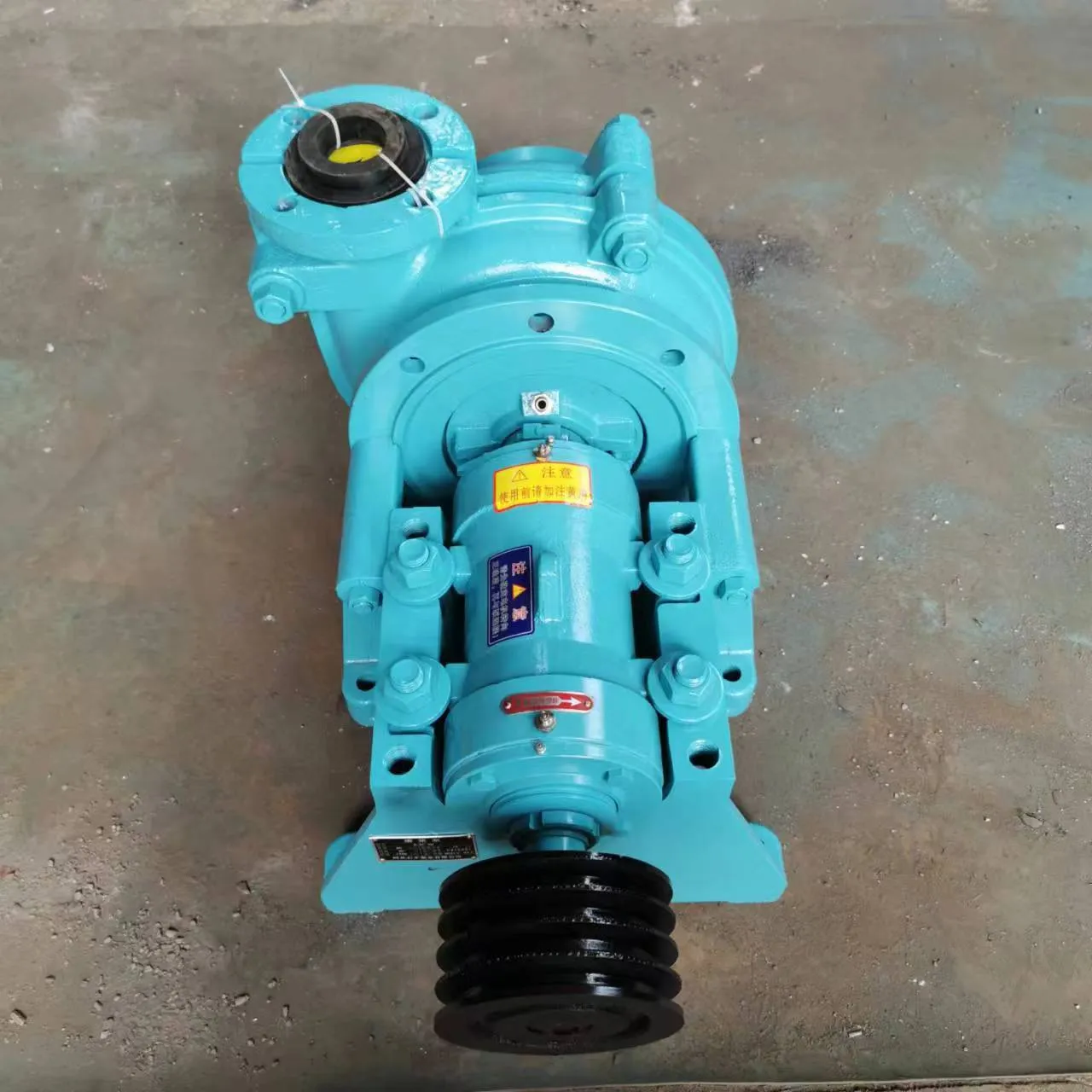Basque
- Afrikaans
- Albanian
- Amharic
- Arabic
- Armenian
- Azerbaijani
- Basque
- Belarusian
- Bengali
- Bosnian
- Bulgarian
- Catalan
- Cebuano
- Corsican
- Croatian
- Czech
- Danish
- Dutch
- English
- Esperanto
- Estonian
- Finnish
- French
- Frisian
- Galician
- Georgian
- German
- Greek
- Gujarati
- Haitian Creole
- hausa
- hawaiian
- Hebrew
- Hindi
- Miao
- Hungarian
- Icelandic
- igbo
- Indonesian
- irish
- Italian
- Japanese
- Javanese
- Kannada
- kazakh
- Khmer
- Rwandese
- Korean
- Kurdish
- Kyrgyz
- Lao
- Latin
- Latvian
- Lithuanian
- Luxembourgish
- Macedonian
- Malgashi
- Malay
- Malayalam
- Maltese
- Maori
- Marathi
- Mongolian
- Myanmar
- Nepali
- Norwegian
- Norwegian
- Occitan
- Pashto
- Persian
- Polish
- Portuguese
- Punjabi
- Romanian
- Russian
- Samoan
- Scottish Gaelic
- Serbian
- Sesotho
- Shona
- Sindhi
- Sinhala
- Slovak
- Slovenian
- Somali
- Spanish
- Sundanese
- Swahili
- Swedish
- Tagalog
- Tajik
- Tamil
- Tatar
- Telugu
- Thai
- Turkish
- Turkmen
- Ukrainian
- Urdu
- Uighur
- Uzbek
- Vietnamese
- Welsh
- Bantu
- Yiddish
- Yoruba
- Zulu
Telephone: +86 13120555503
Email: frank@cypump.com
Abe . 30, 2024 18:29 Back to list
Portable Water Pump Solutions for Safe Drinking Water Access
The Importance of Water Pumps for Potable Water
Access to clean and safe drinking water is a fundamental human right, yet millions of people around the world still lack reliable sources of potable water. To address this challenge, water pumps play a crucial role in the distribution and accessibility of clean water. This article explores the types of water pumps used in potable water systems, their benefits, and their overall importance in ensuring that communities have access to safe drinking water.
Types of Water Pumps
Water pumps can be classified into several categories based on their design and functionality. The most common types used for potable water include centrifugal pumps, submersible pumps, and diaphragm pumps.
1. Centrifugal Pumps These pumps operate by using rotational energy to move water through the system. They are highly efficient for transporting water over long distances and are often used in large-scale municipal water supply systems. Their ability to handle significant volume makes them ideal for urban areas where demand is high.
2. Submersible Pumps Designed to be submerged in water, these pumps are efficient for extracting groundwater from wells or boreholes. They work by pushing water to the surface and are particularly beneficial in rural areas, where groundwater sources are often the primary supply of potable water.
3. Diaphragm Pumps These pumps use a flexible diaphragm to create a vacuum, allowing water to flow into a chamber and then pushed out. They are often used in situations where the water source is not under high pressure, and they are known for their ability to handle varying flow rates and pressures.
Benefits of Water Pumps for Potable Water
The integration of water pumps in the potable water supply system brings numerous benefits to communities and individuals
.water pump for potable water

1. Increased Accessibility Water pumps facilitate access to drinking water by enabling transportation from sources, such as wells or reservoirs, directly to users. This is particularly important in underserved regions where infrastructure may be lacking.
2. Improved Quality By using advanced filtration and pumping technology, water pumps can help ensure that the water delivered is safe from contaminants and pathogens. Regular maintenance and proper operation of these pumps are essential to meet health standards for potable water.
3. Adaptability and Reliability Various types of water pumps can be designed to meet the specific needs of a community. For example, solar-powered pumps can be implemented in remote regions where electricity is scarce, providing a sustainable and reliable source of clean water.
4. Cost-Effectiveness Water pumps can reduce the costs associated with water transportation in urban settings. By efficiently moving water, they minimize the need for extensive plumbing infrastructure and associated maintenance expenses.
The Importance of Sustainable Practices
While water pumps are essential for procuring potable water, it is important to integrate sustainable practices into their use. Over-extraction of groundwater can lead to depletion of resources, while improper waste disposal can contaminate water sources. Community education on conservation and the importance of protecting water resources is vital to ensure long-term access to clean water.
Additionally, investing in renewable energy sources, such as solar-powered water pumps, can further enhance the sustainability of potable water systems. By reducing reliance on fossil fuels, communities can ensure that their water supply systems are both environmentally friendly and economically viable.
Conclusion
In summary, water pumps are critical components of potable water supply systems, providing essential access to clean water for various communities worldwide. As populations grow and the demand for safe drinking water increases, the role of these pumps will only become more important. Through continued innovation and sustainable practices, we can harness the power of water pumps to ensure that everyone has access to potable water, fulfilling a basic human right and promoting public health.
-
High-Performance Air Pumps for Sand & Gravel | Efficient Transport
NewsAug.03,2025
-
ISG Series Vertical Pipeline Pump - Chi Yuan Pumps Co., LTD.|Energy Efficiency, Corrosion Resistance
NewsAug.03,2025
-
ISG Series Pipeline Pump - Chi Yuan Pumps | Energy Efficiency&Compact Design
NewsAug.03,2025
-
ISG Series Vertical Pipeline Pump - Chi Yuan Pumps Co., LTD.|High Efficiency, Low Noise, Durable
NewsAug.02,2025
-
ISG Series Vertical Pipeline Pump - Chi Yuan Pumps | High Efficiency, Low Noise
NewsAug.02,2025
-
ISG Series Vertical Pipeline Pump- Chi Yuan Pumps Co., LTD.|High Efficiency&Compact Design
NewsAug.02,2025










